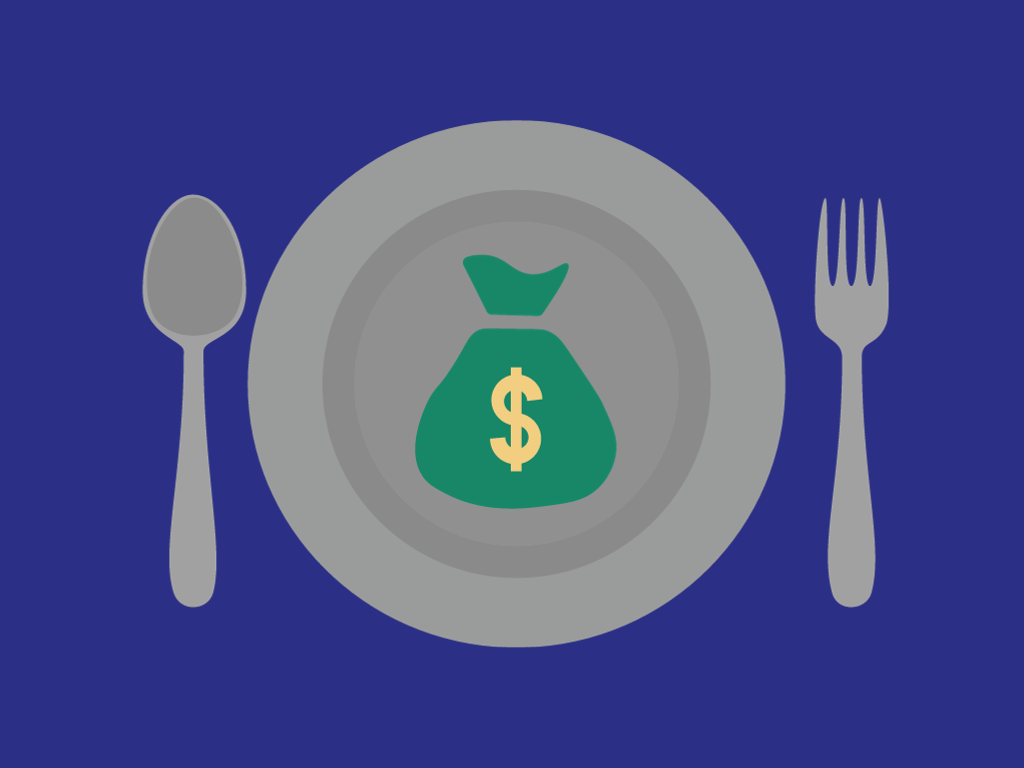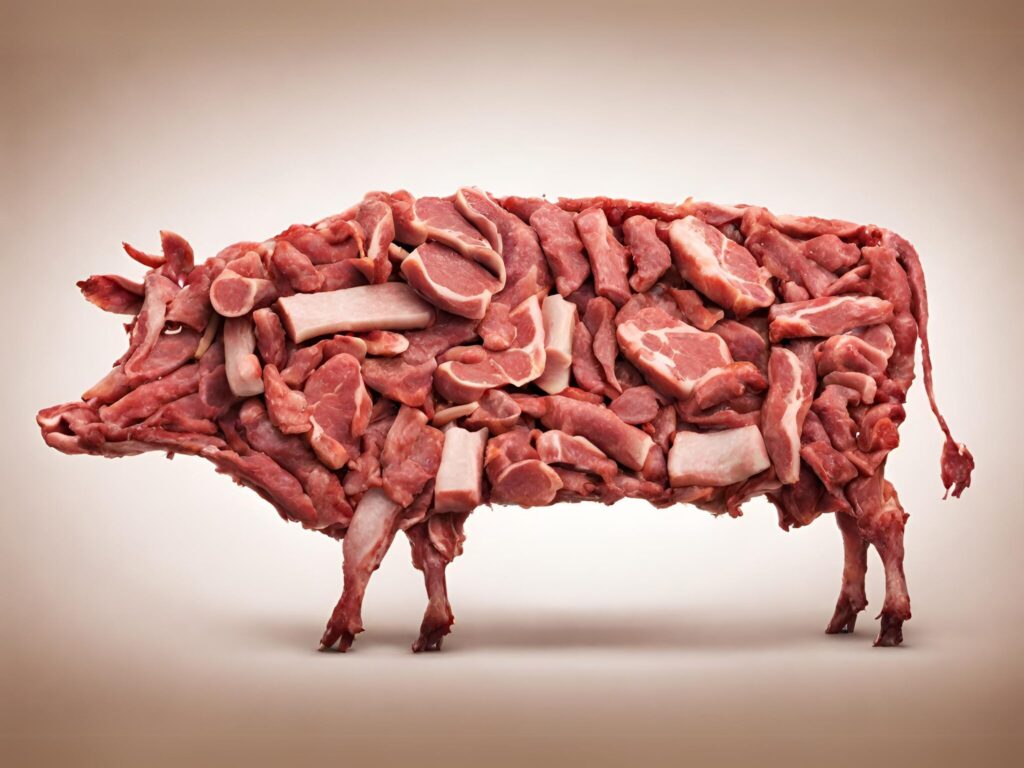Billionaires Are the ‘Ultimate Beneficiaries’ of the EU’s Planet-Harming Farm Subsidies, Research Finds
4 Mins Read
Some of Europe’s richest are the “ultimate beneficiaries” linked to €3.3B of the EU’s farm subsidies, a new investigation shows.
What do the inventor of the Dyson vacuum cleaner, the owner of the Wolverhampton Wanderers, a former prime minister of Czech Republic, and the former head of Lego have in common?
They’re all billionaires, of course. But they’re also billionaires who benefit from the billions the European Union pours into planet-harming agricultural subsidies, even as hundreds of thousands of family farms close every year across the EU.
The revelations come from an investigation of official EU data published by the Guardian, which named 17 billionaires who appeared on the 2022 Forbes rich list as the “ultimate beneficiaries” of €3.3B worth of subsidies between 2018 and 2021.
How researchers found the beneficiaries

The investigation is based on a 2021 study commissioned by the EU parliament’s budgetary control committee, in which researchers from the Centre for European Policy Studies (CEPS) stated it is “currently de facto impossible” to identify the largest beneficiaries of EU funding.
This was ascribed to strict rules around privacy, weak requirements for transparency, and complex chains of company ownership. In order to make accurate estimates, researchers updated the analysis by cross-referencing data on farm subsidy recipients from each EU member state with a commercial company database.
They identified people who owned at least 25% of a company at each step of the ownership chain to work out the beneficiaries, though in some cases, they weren’t able to trace the money because it went to regional bodies that redistributed the cash.
The CEPS research looked at the final individual at the end of a chain of companies, finding the 17 billionaires who received EU farming subsidies through their partly or fully owned companies.
These “ultimate beneficiaries” include British businessman Sir James Dyson, former Czech prime minister Andrej Babiš (who was recently acquitted of fraud involving farming subsidies), Chinese investor and Wolves owner Guangchang Guo, Clemens Tönnies (chairman of German meat giant Tönnies Group), Danish rewilding advocate Anders Holch Povlsen, and former Lego CEO Kjeld Kirk Kristiansen.
Most of the billionaires didn’t respond to the publication’s request for comment. But Thomas Dosch, head of public affairs at Tönnies, said the business backed a “reorientation” of EU agricultural policies to allow eco-friendly farmers to be compensated for any associated loss of income. “No subsidies should be paid for quantity of products or as area premiums per hectare,” he told the Guardian.
EU farming subsidies support climate-harming livestock production

The EU spends nearly a third of its budget (about 30%) on CAP subsidies. But over 80% of these are directed towards livestock farming (and 44% alone went to the production of feed for these animals), research has found.
This sum is four times higher than the amount invited in plant-based farming, despite animal proteins providing only 35% of calories and 65% of proteins in the EU, and contributing to 84% of the bloc’s greenhouse gas emissions from the food system.
The study, published in the Nature Food journal, found that the CAP – which pays more to larger farms – facilitates “high-emissions livestock farming” through direct payments, commodity support for livestock products, or explicit support of animal production and consumption.
Paul Behrens, co-author of that study and a global change researcher at Leiden University, reacted to the Guardian investigation by saying: “The CAP has to be one of the most inequitable subsidies out there, with a vast amount of money supporting some of the richest and largest agricultural interests.”
A separate investigation in 2023 revealed that industrial farming lobby groups have close ties with certain MEPs, who have formed alliances to stall Farm to Fork reforms and resist Green Deal legislations. Pushback from lobbying groups has also led to a delay in the EU’s promised ban on caged farming, which has now been put on hold indefinitely – the EU Commission is now facing legal action for failing to deliver the legislation. And the CAP’s environmental controls were further weakened this year after intense lobbying efforts.
Experts have long been calling on the EU and other governments to redirect environmentally harmful subsidies away from livestock agriculture. Even European farmers have recognised the need to shift away from meat in favour of less carbon-intensive foods, asking EU Commission president Ursula von der Leyen to create a Plant-Based Action Plan for the region.
Behrens, meanwhile, has also been critical of the UN Food and Agriculture Organization’s (FAO) role in downplaying the climate impacts of animal agriculture. A report he co-authored formed the basis of the food body’s Pathways Towards Lower Emissions report at COP28, which suggested that reducing livestock farming will only have a small effect on the planet.
“The FAO chose the roughest and most inappropriate approach to their estimates and framed it in a way that was very useful for interest groups seeking to show that plant-based diets have a small mitigation potential compared to alternatives,” Behrens said at the time, urging the FAO to retract the report, a call echoed by over 100 academics, politicians and organisations.



